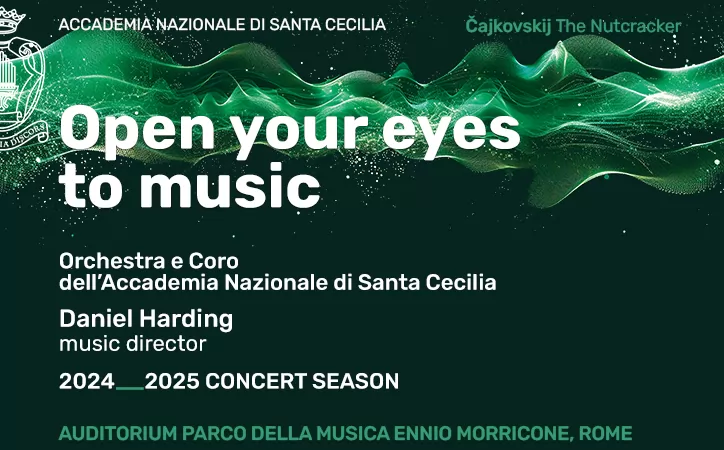A shop with a conscience
The Bottega del Mondo in Axa lives up to its name, with products from all over the world. No different from the supermarket around the corner, you might say. But it is.
The botteghe are Fairtrade shops. If you havent heard of them, youre in good company. According to a dissertation published in 1996, public awareness of Fairtrade products in Italy was only 15 per cent compared with over 40 per cent in the UK. This is rather surprising given that the first Bottega del Mondo in Rome opened in the Appia Tuscolana area in 1992.
Marina Peron does volunteer work at the Axa Bottega, Il Girasole, the latest in a line of ten to have opened in different parts of Rome. She says the products are not imported directly: Most of our goods are supplied by consortiums and associations like Altromercato, Libero Mondo and Commercio Alternativo, which promote and finance small-producer projects in developing countries.
She sweeps her arm in the direction of a shelf of coffee. Our coffee comes from co-operatives of small farmers in Latin America and Africa, not large producers who are often already affluent local farmers or powerful multinationals, she says. In the Fairtrade system, a fair price is guaranteed to the farmer. Take our cane sugar from the Philippines and Ecuador, for example. In August 1999, sugar was traded internationally at US$92.10 per metric ton, but Fairtrade paid their producers US$760. That is 826 per cent more.
Moreover, once the farmer has agreed to sell us his crop, we give him an advance, sometimes as much as 60 per cent of the transaction. This reduces the need to take out loans which put him in debt, if hes lucky to a reputable bank, or worse, to a local loan shark who extorts an exorbitant interest.
Giacomo Chiappara, who heads the team at Il Girasole, says paying producers more need not mean higher prices for the consumer. The key to Fairtrade is reducing the trading chain. Having fewer middlemen helps to keep our prices competitive with supermarket prices, he says, pointing to jars of creamy, cold-spun honey from Mexico and Chile. The price of Fairtrade honey is comparable to the up-market brands that you find in normal supermarkets in Rome.
The Fairtrade concept has its origins in charitable relief organisations formed after the second world war, whose main task was to deliver welfare services to those afflicted by natural disasters and conflict. Many of them were outgrowths of missionary activities that offered emergency aid, and while they did an indispensable job of alleviating temporary need, they did little to help the poor in providing for themselves.
By the early 1960s, these charities had evolved to undertake community development projects in basic areas like preventive health care, improved farming methods and local infrastructure. The chief goal was local self-reliance that was sustainable beyond the duration of the project. In other words, tackling the root problems of poverty, not just treating its symptoms.
The imbalance in trade revenue is one of these root problems. In 1968, the United Nations Conference on Trade and Development
(UNCTAD) concluded that not aid but trade would be the best form of assistance, but lacked the political will to put the concept into practice. Instead, Fair Trade Organisatie, based in the south of the Netherlands, made an innovative move in purchasing products from small-producer co-operatives and marketing them in the developed world.
These days the Fairtrade concept goes beyond a fair price, with many of the food items organically produced. Better for the farmers health and the environment, and certainly for the consumer too, Chiappara says.
Peron picks up a hand-stitched football on which can be clearly read No child labour. The adult who made this ball is paid a fair price, she says. This way, his children can go to school instead of spending 12 hours a day on a hard floor slaving away for a wealthy local entrepreneur or a multinational that exploits through harsh sweatshop work practises.
Il Girasole is also well stocked with handicrafts: intricately-carved wooden chests from India, terracotta pots from Venezuela, vases and tumblers of recycled glass from Mexico, and charming toys of recycled sheet metal from Madagascar, to name but a few.
Peron points out a cotton blouse painstakingly embroidered in bright patterns from Chiapas, Mexico, and colourful hand-woven raffia baskets from Madagascar. These are made by womens groups, she says. By promoting their products, we hope to empower them and raise their living standards. In several rural societies, it has been observed that children are better nourished and healthier if the women have more say in money matters.
Colourful gel candles in tall, slim cocktail glasses are made by a group of disabled young people at the Opera Don Guanella, a Catholic charity based in Rome, Chiappara says. Based on the same principle of dignity for all, we also provide an outlet for the art work of the handicapped.
Business at the Bottega cannot be described as brisk. Il Girasole is located on a quiet street behind the busy Piazza Eschilo shopping area. Chiappara explains: We cant afford the higher rent in a front-row shop lot. We are a non-profit organisation. All of us who work here are volunteers.
Due to the demographics of the Axa-Palocco area, most of Il Girasoles customers are foreigners, many of whom are already well-acquainted with Fairtrade products in northern Europe. Some of them, especially those who are employed at the international organisations in Rome, have lived and worked in developing countries before and encountered the desperation of the impoverished at first hand.
Picture: Giacomo Chiappara and Marina Peron in the Bottega del Mondo in Axa.
Il Girasole, Via Senofane 121 (Casal Palocco), tel. 0650917705.
Open from 1 Sept.





















